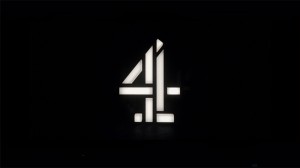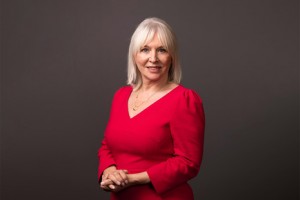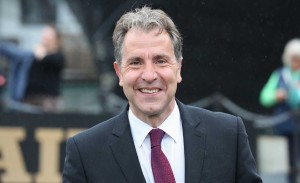The government’s plan to privatise Channel 4 could threaten the future of its Bristol creative hub as well as damaging the city’s independent programme makers, West of England Metro Mayor Dan Norris has warned.
In strongly worded comments on the proposal, confirmed this week by Culture Secretary Nadine Dorries, pictured below, the Labour Mayor claimed the broadcaster had become a “a victim of the culture wars”. 
He also said it could lead to job losses in the city as Channel 4 is a major buyer of regional TV content, including from many of Bristol’s production companies.
Channel 4 opened its Bristol creative hub in 2019 after a high-profile campaign led by the city council and backed by the city’s media sector to showcase Bristol’s rich and diverse TV talent.
Bristol was chosen for one of the Channel’s two creative hubs from more than 30 cities across the UK.
At the time Channel 4 said it was attracted to the city by its diverse talent pool and social mobility initiatives that aimed to bring new talent into the industry.
The development of three new centres – a national HQ in Leeds and creative hubs in Bristol and Glasgow – was at the heart of Channel 4’s 4 All the UK strategy to attract and develop talent from across the UK, both on and off-screen.
Mayor Norris, pictured below, who heads the West of England Combined Authority, said: “This is an ideological decision by a government that doesn’t like public service broadcasting.
“But the British public does. We’ve been wowed by Channel 4 news coverage from Ukraine and we love the unique regional content – much of it made in the West of England – that they bring to our screens.
“I am deeply concerned about the possible threat to the Creative Hub in Bristol and the knock on effects across my region’s amazing creative sector.
“This is a local issue for me but it’s also a national one. I don’t see why local jobs and brilliant content enjoyed by the country should fall victim to Tory Culture wars.”
Labour Shadow Secretary of State for Digital, Culture, Media and Sport, Lucy Powell, added: “Selling off Channel 4, which doesn’t cost the taxpayer a penny anyway, to what is likely to be a foreign company, is cultural vandalism. 
“The West of England is an important hub for Channel 4 and this decision will cost jobs and opportunities and hit the wider British creative economy.”
Ms Dorries claimed that public ownership was holding Channel 4 back from competing against streaming giants like Netflix and Amazon.
She said in a tweet: “A change of ownership will give Channel 4 the tools and freedom to flourish and thrive as a public service broadcaster long into the future.”
Channel 4’s 3,200 sq ft Bristol creative hub in the historic Fermentation Buildings at Finzels Reach employs around 50 people and is home to key creative decision makers supporting the channel’s relationships with the production sector, particularly focused on genres with strengths in the South West and Wales.
Commissioning departments represented in the creative hub include daytime, drama; factual and popular factual. Creative diversity also has a presence in Bristol to help nurture and develop on and off-screen talent.
Channel 4, which was launched as a publicly owned service 40 years ago, said in a statement that it was disappointing that the announcement [on privatisation] had been made without formally recognising the “significant” public interest concerns that had been raised, with more than 60,000 submissions to the government’s public consultation.
“Channel 4 has engaged in good faith with the government throughout the consultation process, demonstrating how it can continue to commission much-loved programmes from the independent sector across the UK that represent and celebrate every aspect of British life as well as increase its contribution to society, while maintaining ownership by the public,” it added.
“Recently, Channel 4 presented DCMS with a real alternative to privatisation that would safeguard its future financial stability, allowing it to do significantly more for the British public, the creative industries and the economy, particularly outside London.
“This is particularly important given that the organisation is only two years into a significant commitment to drive up its impact in the UK’s Nations and Regions.
“Channel 4 remains legally committed to its unique public-service remit. The focus for the organisation will be on how we can ensure we deliver the remit to both our viewers and the British creative economy across the whole of the UK.
“The proposal to privatise Channel 4 will require a lengthy legislative process and political debate. We will of course continue to engage with DCMS, government and Parliament, and do everything we can to ensure that Channel 4 continues to play its unique part in Britain’s creative ecology and national life.”






























